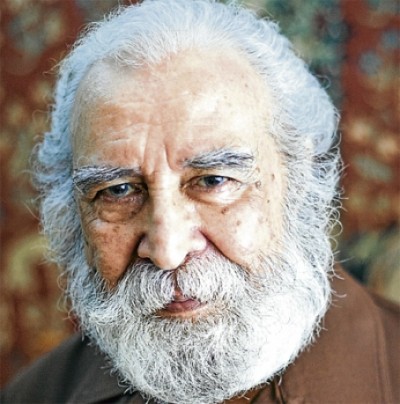This essay presents a critical reading of Syed Muhammad Naquib Al-Attas’ “Islam and Secularism”. Since it is commonly referenced in Malaysia in arguments against expanding civil liberties, I decided it would be fruitful to understand its worldview, appeal and political implications.
The following are some of my findings:
1) His reading of history, however general, is partial and misleading: Al -Attas describes the emergence of the secular as the gradual and epistemic divorce of “man” from the “divine” that unravelled in Europe. However, his account considerably omits the dramatic dismantling of religious authority that occurred, out of which the experience of “modernity” that we know today – and its philosophical and political underpinnings – emerged.
2) One of the common textbook lessons from that experience is the distrust of religious hierarchy as government and the source of scientific knowledge. But religious authority is what Al-Attas ends up demanding. In fact, we find that his whole notion of Adab is premised precisely on the need for that authority, which he argues – and rather weakly too – to be natural, and for that reason Islamic.
3) There is another important point at stake in his incomplete history: It enables Al-Attas to argue against progress. His allegation of the modern worldview, as fragmented, desacralised and meandering is used to argue that its major ethical and political advances (including notions of freedom and equality) are essentially misguided. Needless to say this only further bolsters his call for the Adab of hierarchy.
4) The book contributes nothing about the basis by which religious minorities – or those individuals and communities who fall outside the dominant norm – could be protected rather than persecuted. The secular age, for all its problems, has seen some advances in formulating attempts and frameworks to respond to that need, though that too has not proceeded without challenges. But any reader looking for insights on the nuances of those discussions would not find it here.
The reader – and the book is really only concerned about Muslims – will instead find long diatribes about the evils of the secular outlook to the Muslim faith. The critique is not a reappraisal or engagement with secularism, so much as it is a reductive caricature of the modern project.
5) The history of philosophy presented is also one sided. For one, not all philosophers of the West even agree that history continuously progresses according to some teleology of meaning. True, there are those like Kant and Hegel who clearly believe that. But there are others who are wary of such claims, like Montesquieu and Hamann. Some of the most iconic philosophers of the West, like Descartes, had no opinion about where history was going. And yet it is this very historical narrative of progress that Al-Attas somehow took as definitive of the secular project.
 Facebook
Facebook  Twitter
Twitter  Soundcloud
Soundcloud  Youtube
Youtube  Rss
Rss 